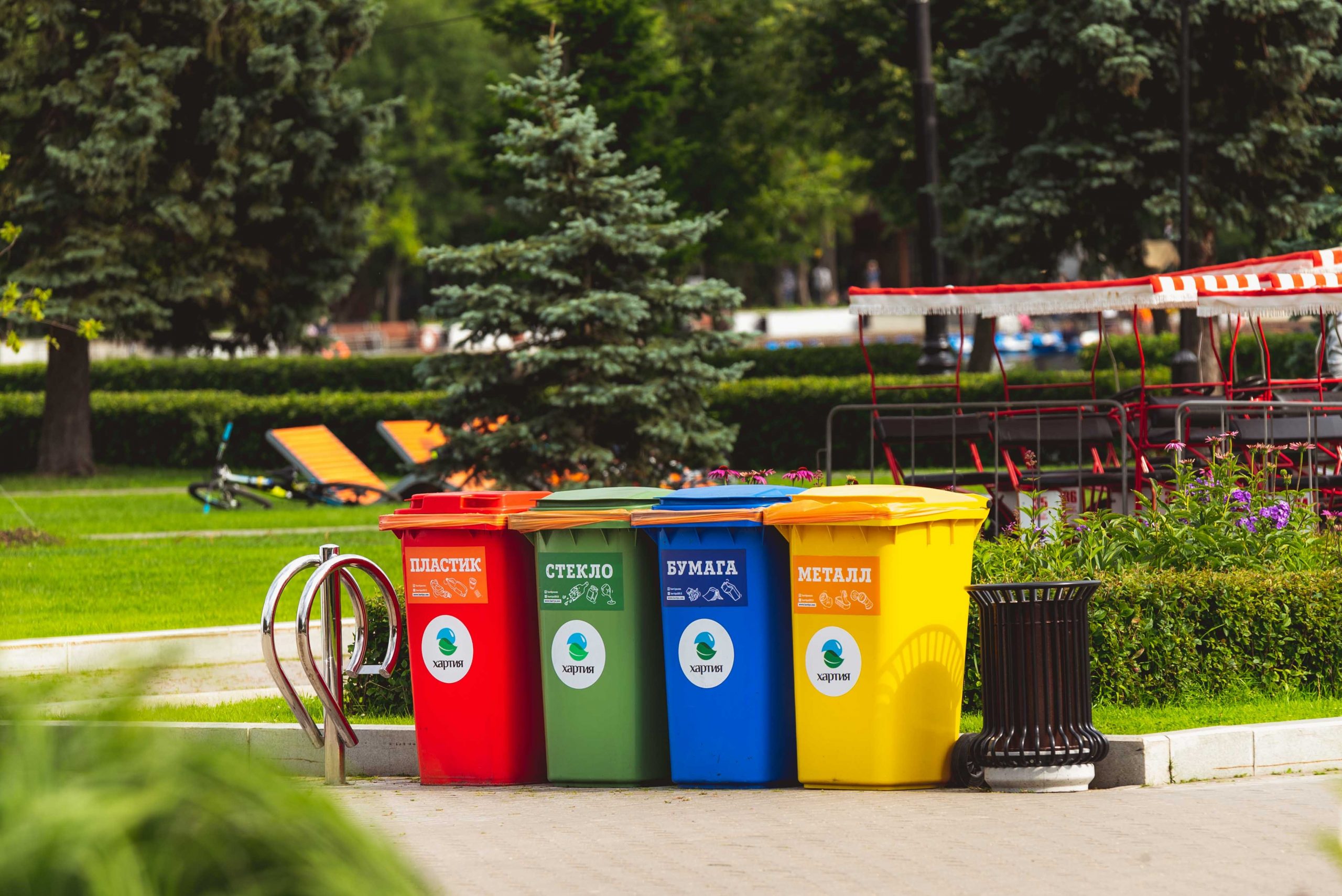When talking about smart cities, most people may imagine smart buildings, automated traffic, self-drive cars, pet bots, floating transports, etc. While some of these imaginations are a reality now. And the world is not far from what is shown in sci-fi movies. All of these developments are happening with the help of AI and IoT (Internet of Things). In this blog, we tell you how IoT can be used to build smart cities with better waste management and create a pollution-free environment.
Let us take a look at the below factors:
Reduce Pollution
The Pandemic has made it obvious that we create a ton of pollution just by the lack of doing the right thing. Pollution is a global problem today and the effects of alarming pollution levels on climate change cannot be denied. The application of IoT in transportation systems can help to reduce pollution. With the help of IoT, we can have automated systems for bicycles on rent and design car-free zones.
Reducing Carbon Emissions
Reports suggest that IoT connected smart waste management have reduced CO2 levels in big cities like New York, and Philadelphia. News from the UK, where smart waste management systems have been introduced with the application of IoT has helped reduce the number of trucks for waste collection. This has resulted in lowering CO2 emissions by a remarkable percentage.
Waste Management with IoT
When thinking about smart futuristic cities we must plan for smart waste management. Waste Management with the application of IoT can revolutionize the way our lives function and the environment we live in. IoT can help build waste management systems that reduce the use of trucks for waste transportation and disposal. Reduced vehicles automatically mean reduced traffic, congestion, and significantly less use of fuel.
When there is less fuel use, it results in lower carbon emissions and less pollution. Moreover, it will also help to eliminate unnecessary costs and increase the efficiency of waste management and disposal. Leading to an enhanced environment, low pollution levels, better sanitization in cities, improved air quality, better health conditions, and overall well-being.
Use of Smart Bins
Pollution levels will significantly drop down with a reduced number of trucks carrying garbage. Waste Management with IoT can be integrated with all commercial waste management systems and municipal corporations. With the use of smart dustbins, the AI can predict when the bins need to empty and send notifications accordingly. This further helps to enhance the planning and efficiency of commercial and municipal bodies.
With such emerging technologies, local authorities, commercial organizations, and government bodies can be better equipped in improving city life. This would create an environment where new insights and data sets can help in discovering newer niche technologies for a smart city in every aspect.

Leave a Reply